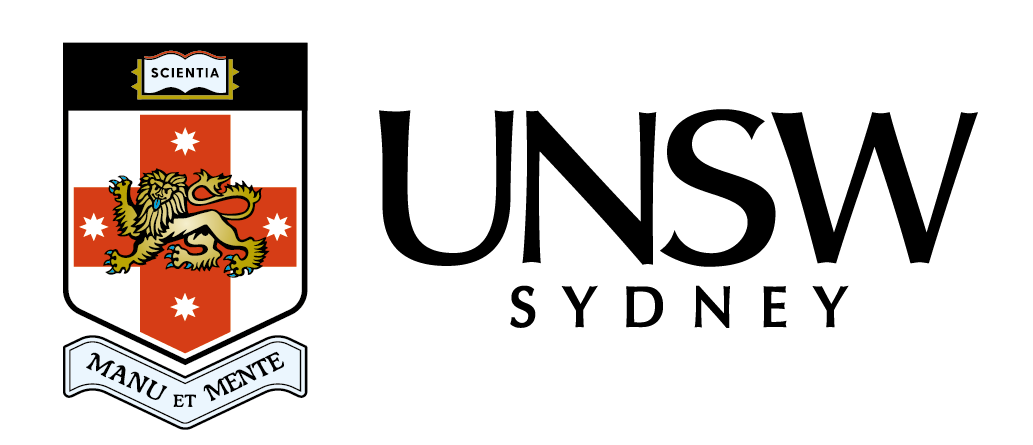The Economic Measurement Initiative of the Centre for Applied Economic Research is hosting its twenty-first annual international workshop.
The aim of the workshop is to create a genuine engagement between academics, statistical agency researchers, government policy makers and industry representatives from all around the world, leading to an improved understanding of economic measurement and the potential impact on policy.

26 November 2021
Date

9.00am – 1.00pm (AEST)
Time

Online Event
Location
Program
Resources
9.05am - “House Price Indexes: A Comparison of Repeat Sales and Other Multilateral Methods”, Jan de Haan (Statistics Netherlands)
9.45am - “Managing to grow: Evidence from new longitudinal business data”, Rebecca Riley (King’s College London and ESCoE).
10.45am - “Seasonal Products in Index Construction: What is the truth?”, Erwin Diewert (University of British Columbia and UNSW)
11.15am - “Experimental Higher Education Multifactor Productivity Estimates”, Jason Annabel (Australian Bureau of Statistics)
12.00pm - “Technological Change, Capital Deepening and Cross-country Agricultural Labor Productivity Growth: Evidence from 17 OECD Countries”, Yu Sheng (Peking University)
Papers
House Price Indexes: A Comparison of Repeat Sales and Other Multilateral Methods
Jan de Haan and Rob van de Laarb (Statistics Netherland)
Abstract: This paper compares multilateral methods for measuring house price change: geometric and arithmetic repeat sales, time product dummy, GEKS-Jevons, and Geary-Khamis. These methods do not use any characteristics information other than a property identifier such as address. Another common feature is that they only make use of data on houses that have been sold at least twice during the sample period; in this sense they are all repeat sales or “matched pairs” methods. Empirical results are presented for the Netherlands using transactions data from the land registry. We also provide evidence on the magnitude of index revisions
CONSUMER PRICE INDEX THEORY Chapter 9 – Seasonal Products, Erwin Diewert (University of British Columbia and UNSW)
Technological Change, Capital Deepening and Cross-country Agricultural Labor Productivity Growth: Evidence from 17 OECD Countries, Yu Sheng and V. Eldon Ball
Abstract: This paper uses the KR framework to investigate how recent technological (GMO/ICT) revolution could affect the way of technology progress in agriculture. By applying deterministic production-frontier analysis (DEA) to the newly developed production account data for agriculture of 17 OECD countries over the 1973-2011 period, we analyse ALP growth and its components before and after revolution periods. We show that ALP growth among the OECD countries is determined by technology progress other than capital deepening, especially among developed countries. Although technology progress in the very capital-intensive countries continues to grow when new wave of technology revolution arrives after 1998, it does slowdown in most relative labor-intensive countries which caused a decline in both average growth rates of TFP and ALP. Our finding implies that the new wave of technology revolution is causing technology progress in agriculture to shift from Hick-neutral towards the labor augmented direction, causing the concern of increased inequality that could arise from new technology revolution.

